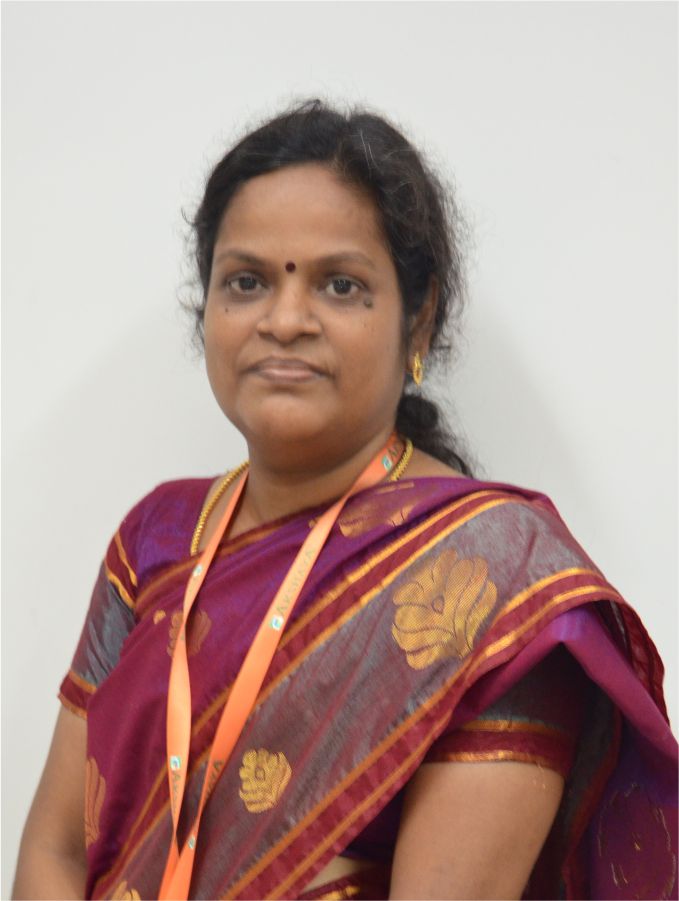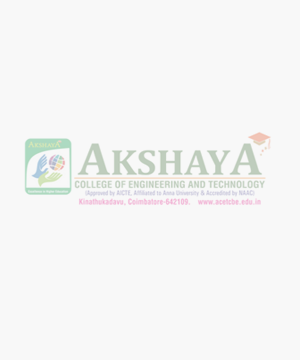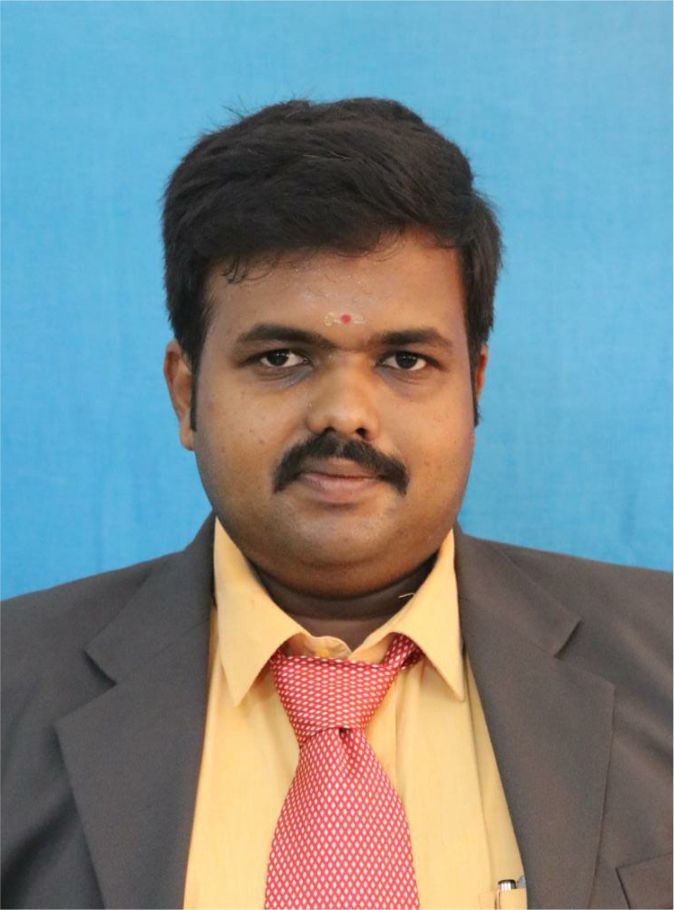The Department of Electrical and Electronics Engineering (EEE) at Akshaya College of Engineering and Technology offers an undergraduate programme in B.E (Electrical and Electronics Engineering), with an annual intake of 30 students. The department is dedicated to provide a comprehensive understanding of electrical and electronics engineering built upon the principles of physical science, mathematics, computing, and technology. Approved by AICTE, New Delhi, and affiliated with Anna University Chennai, the department focuses on practical training in electrical engineering, emphasising experimental design and communication skills throughout the academic years.
Vision
To develop into a centre of learning in Electrical and Electronics Engineering by imparting quality and value based education among the students and mould them as professional engineers to meet the challenges in industry and society.
Mission
- DM 1 : To impart the students in fundamental concepts of Electrical and Electronics Engineering by technology enabled learning.
- DM 2 : To update and upgrade the laboratory infrastructure periodically and collaborate with core electrical industries and universities to equip the students with professional skills to cater to the industrial needs.
- DM 3 : To impart human values and social responsibilities to the students and promote entrepreneurial activities with a willingness to serve the society, thereby making them responsible citizens.
Program Educational Objectives (PEO)
- PEO 1 : The graduates will be able to apply domain knowledge in electrical and electronics engineering for providing solutions to complex problems in power system, renewable energy systems, power electronics and drives.
- PEO 2 : The graduates will be able to fulfill the role and responsibility of the professional electrical engineers in their chosen career with a mind to serve the industry and society.
- PEO 3 : The graduates will be able to work as an electrical engineering professional or perform as a researcher pursuing higher education in reputed institutions, thereby encouraging life-long learning, keeping pace with technological developments in Electrical Engineering.
- PO 1 : Engineering knowledge: Apply the knowledge of mathematics, science, engineering fundamentals, and an engineering specialization to the solution of complex engineering problems.
- PO 2 : Problem analysis: Identify, formulate, review research literature, and analyze complex engineering problems reaching substantiated conclusions using first principles of mathematics, natural sciences, and engineering sciences.
- PO 3 : Design/development of solutions: Design solutions for complex engineering problems and design system components or processes that meet the specified needs with appropriate consideration for the public health and
safety, and the cultural, societal, and environmental considerations
- PO 4 : Conduct investigations of complex problems: Use research-based knowledge and research methods including design of experiments, analysis and interpretation of data, and synthesis of the information to provide valid
conclusions.
- PO 5 : Modern tool usage: Create, select, and apply appropriate techniques, resources, and modern engineering
and IT tools including prediction and modeling to complex engineering activities with an understanding of the limitations.
- PO 6 : The Engineer and Society: Apply reasoning informed by the contextual knowledge to assess societal,
health, safety, legal and cultural issues and the consequent responsibilities relevant to the professional engineering practice.
- PO 7 : Environment and Sustainability: Understand the impact of the professional engineering solutions in societal and environmental contexts, and demonstrate the knowledge of, and need for sustainable development.
- PO 8 : Ethics: Apply ethical principles and commit to professional ethics and responsibilities and norms of the engineering practice.
- PO 9 : Individual and Team work: Function effectively as an individual, and as a member or leader in diverse teams, and in multidisciplinary settings.
- PO 10 : Communication: Communicate effectively on complex engineering activities with the engineering community and with society at large, such as, being able to comprehend and write effective reports and design documentation, make effective presentations, and give and receive clear instructions.
- PO 11 : Project management and Finance: Demonstrate knowledge and understanding of the engineering and management principles and apply these to one’s own work, as a member and leader in a team, to manage projects and in multidisciplinary environments.
- PO 12 : Life-long learning: Recognize the need for, and have the preparation and ability to engage in independent and life-long learning in the broadest context of technological change.
Program Specific Outcomes (PSOs)
- PSO 1 : The students will be able to analyze, design and implement solutions to problems in electrical and electronics engineering with a specific focus on energy engineering and power electronics.
- PSO 2 : The students will be able to use relevant software, apply modern techniques and practice professional ethics for electrical engineering related activities, understanding the need for sustainable development.
- PSO 3 : The students will be able to develop leadership qualities, perform as a team member, possess entrepreneurship skills and follow ethical values so as to become a successful electrical engineering professional.
































